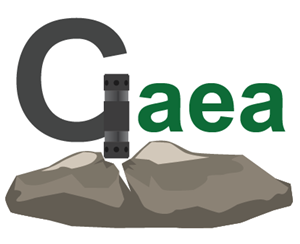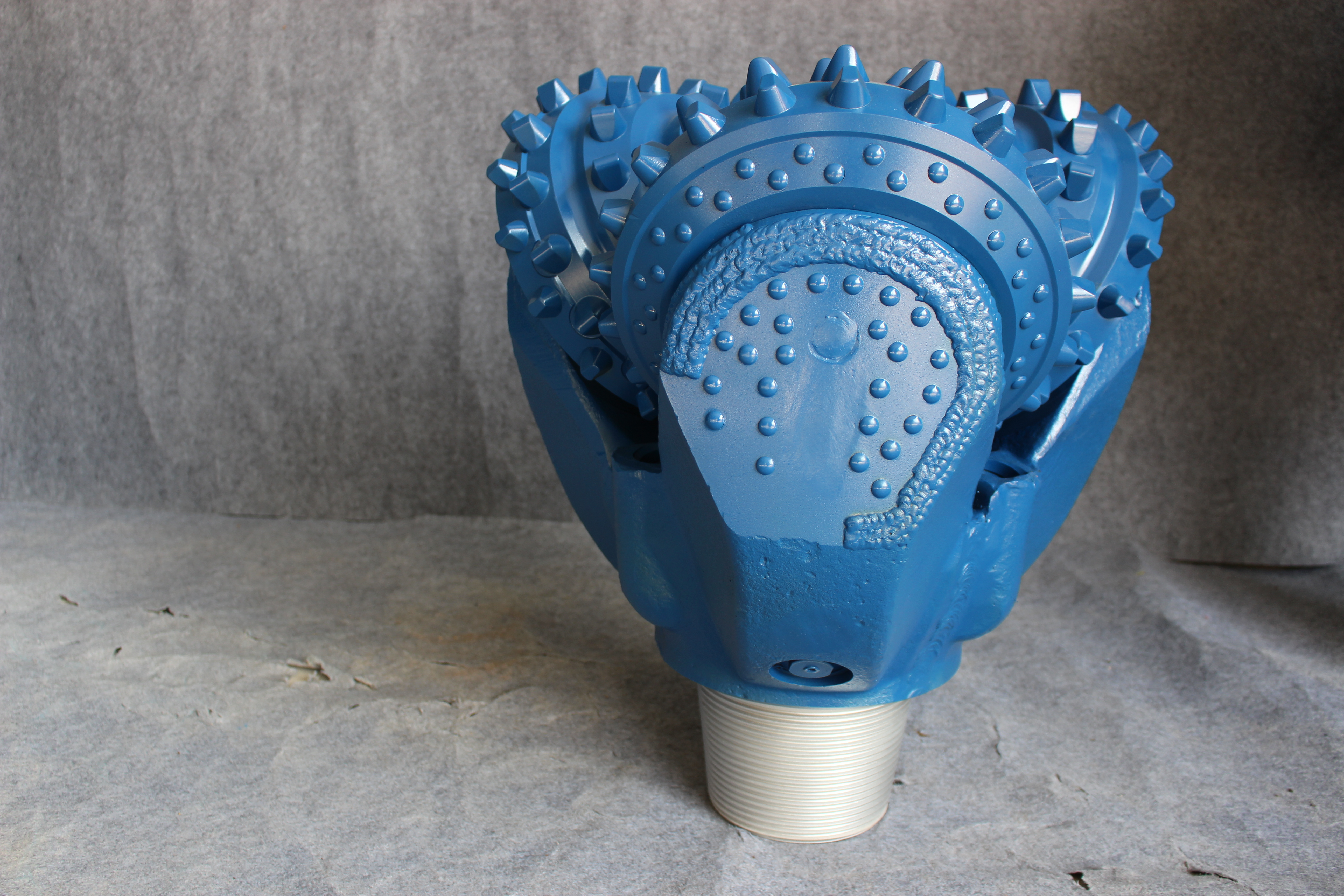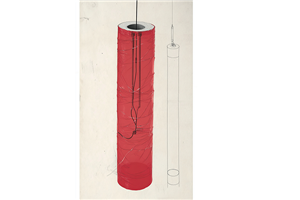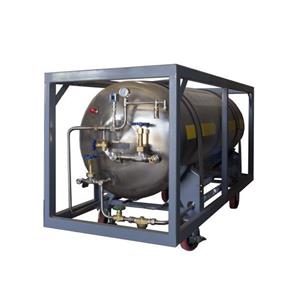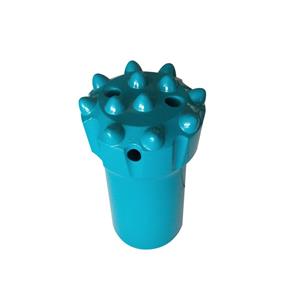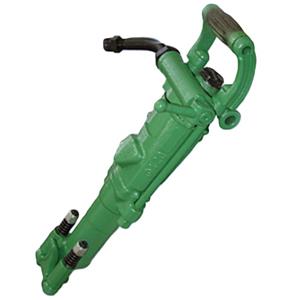Correct use of roller cone bits tricone bits
Related products Link:
Influence of Different Stratum Lithology on Bit Failure
The influence of stratum lithology on the failure of the drill bit is shown in the current drilling skills: affect the drilling speed and bit footage; make the drilling process show complicated situations such as lost circulation, blowout, well collapse and sticking; change the mud function; affect the quality of the wellbore , Such as well deviation and irregular well diameter, which will affect the cementing quality. After analyzing stratum lithology and its influence on drilling skills, the rationality of bit selection and application can be judged.
Influence of clay, mudstone and shale layer: it is very simple to absorb the free water in the mud and swell, so that the diameter of the well is reduced, which constitutes a resistance to drilling, and even stuck the drill. Following the extension of the soaking time, the block will fall off again, causing The well diameter expands, which constitutes a well collapse. Try to use clean water or mud with low specific gravity and low viscosity for drilling. Carbonaceous shale has weak connection force and simply collapses. The argillaceous rock is soft, the drilling speed is fast, and it is also simple mud pack
Sandstone: Its properties vary greatly depending on the size, composition, and cementation of the particles. The finer the particles, the more quartz particles, the more siliceous and iron cements, the harder, and the greater the wear on the drill bit, such as quartz sandstone; the more argillace cements, the more mica and feldspar components, the softer Easy to drill; the thicker the particles, the less the cement, the better the permeability, and the permeability leakage of mud is prone to occur, and a thicker mud cake is formed on the well wall, resulting in complex conditions such as sticking and sticking, which constitutes the non-defect of the drill bit. Use normally.
Conglomerate: Drilling in the conglomerate layer is prone to jump drills, lame drills, and well wall collapse; when the pump displacement is small or the mud viscosity is low, the gravel particles are not easy to return, which will damage the bit cone(tricone bits) and teeth.
Limestone: usually hard, slow drilling speed and low footage. Some cracks and cavities are developed, and when they encounter cracks and cavities, it will cause lame drilling, venting, mud loss, etc., and sometimes blowout will occur after the well is lost.
Limestone formation has a great influence on drill footage, ROP and drill failure. In addition, the formation is intertwined with hardness and softness, such as mudstone and harder sandstone, which are prone to well deviation; when the formation angle is large, well deviation is easy to occur. Drilling in inclined wells can easily cause damage. When the rock layer contains soluble salts, such as gypsum layer, rock salt layer, etc., it will damage the function of the mud and affect the normal use of the drill bit.
